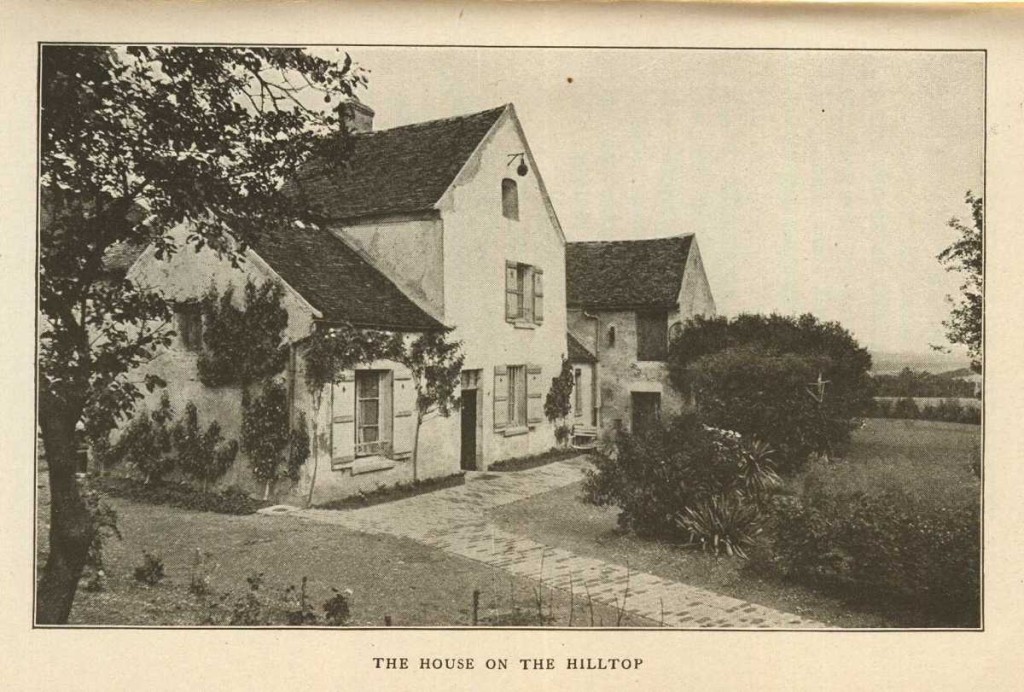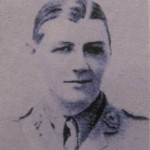5th September 1914
The Dorsets marched through the night, reaching Gagny at 8am. They had travelled 16 miles and it hadn’t been easy, due to lots of halts and checkpoints.
The Dorsets had heard by now the rumours that the 5th Division was going to garrison the forts around Paris and rest and refit. They billeted in the stables of the “Château de la Monture”, sleeping and resting throughout much of the day.
I’ve spent a couple of hours looking at the wrong Gagny, trying to find a bloody Château. I must remember to map everything out first. There is a tiny village south of Tournans-en-Brie, further out of Paris. Here there is a Château du Monceau. That’s pretty close to Gleichen’s “Monture”. So I’ve plonked the Dorsets here. Coincidentally the other Gagny, a suburb of Paris, will appear in tomorrow’s post.
At 3.30pm the first reinforcements arrived from England, led by Captain A.B. Priestley. 90 men in all: 87 privates, 1 corporal and 2 sergeants. Archibald Bertram Priestley was home on leave from Nigeria when war broke out and immediately reassigned to the Dorsetshire Regiment. He had been assigned as Office in Charge First Reinforcement at the beginning of August. He is listed in Wisden as a “well-known Army batsman”. He’s not the only decent cricketer in the Dorsets, as we’ll see later on.
The first casualty lists were now beginning to appear in the British newspapers. The Telegraph was publishing long lists of officers and, as from today, men from the ranks. These casualty lists would ensure a nervous start to the day for countless mothers, fathers, wives and girlfriends over the next four years.
Frank wouldn’t have been pleased to learn of other news from London. All pubs in London were to close at 11pm from Monday (7th September) until further notice. This law was to remain in place pretty intact until 2000. The Defence of the Realm Act had already passed on 8th August, giving powers to limit opening hours of public houses. Not only were they restricting the time people spent in pubs but the authorities were also keen to curtail the habit of “treating”. Civilians ordering reservists and volunteers endless rounds of drink. The rotters.
At 9pm the Dorsets received their orders for the next day. This was as far as they were retiring. Tomorrow the Dorsets were marching north. They were finally going to advance on the enemy.

